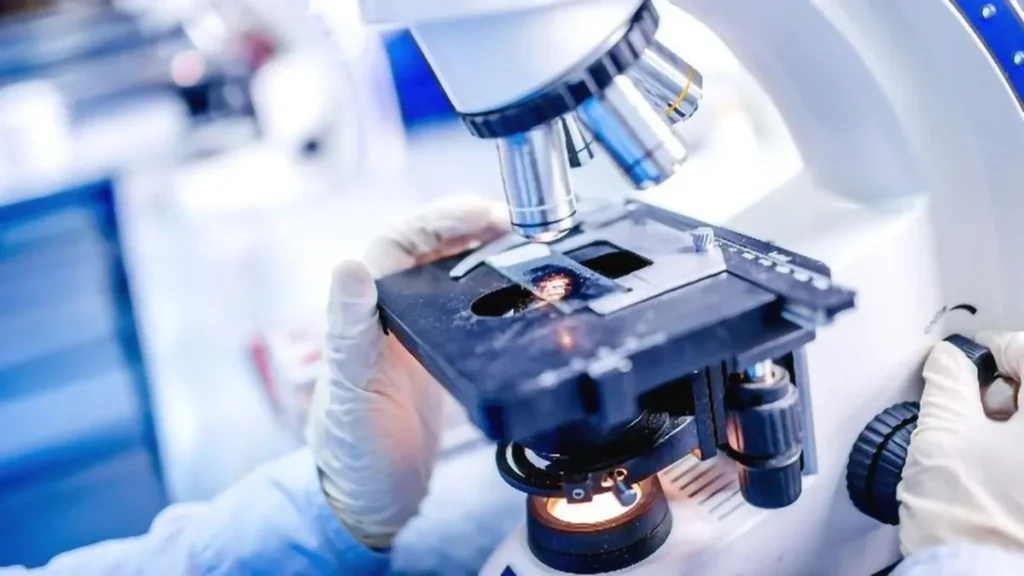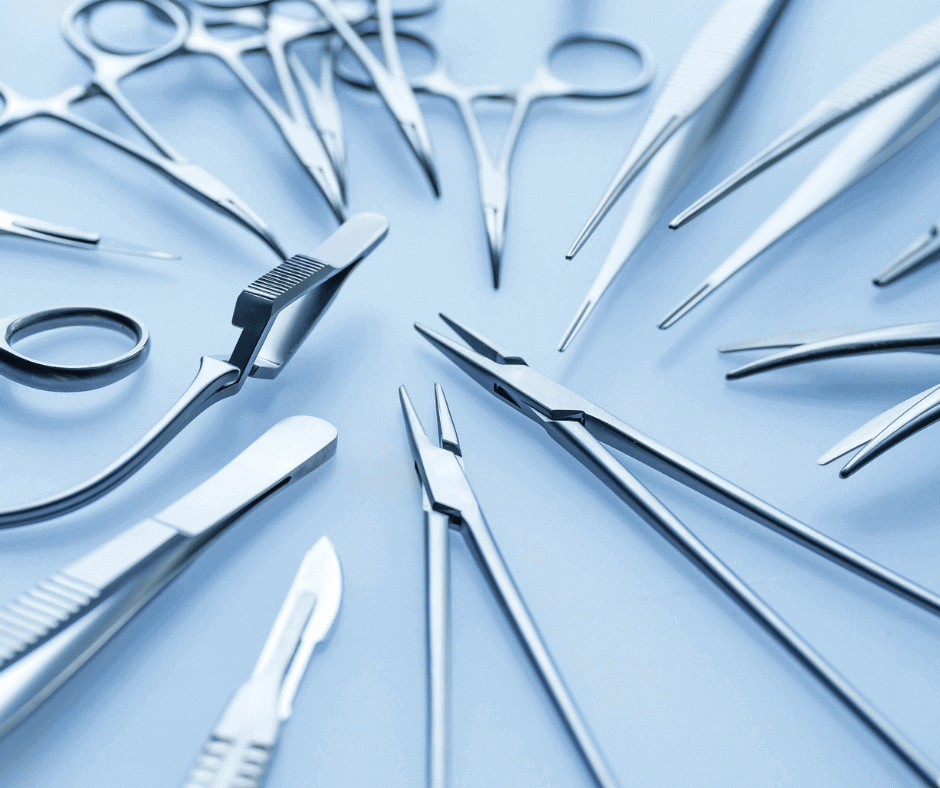
Medical devices must meet the highest standards of quality and reliability. A minor defect in a surgical instrument, implant, or catheter can endanger patient safety and trigger costly recalls. This is why precision inspection is not optional it is a core requirement in medical device manufacturing.
Advanced inspection technologies provide manufacturers with accurate, repeatable, and traceable results. They ensure that every device meets strict international regulations while enabling faster, more efficient production.
This article explores why precision inspection matters, the technologies involved, key applications, and the benefits for medical device manufacturers.
Why Precision Inspection Matters in Medical Device Manufacturing
From implants and pacemakers to surgical tools and catheters, every product that reaches a patient must perform flawlessly. Even a micron-level defect in dimensions, surface finish, or internal structure can compromise safety and lead to costly recalls.
Precision inspection ensures that:
Devices meet strict design tolerances
Surfaces are free from cracks or irregularities
Internal assemblies remain intact and defect-free
This level of control protects patients and gives healthcare providers confidence in the devices they use.
Meeting Global Standards and Regulations
Regulatory frameworks such as ISO 13485, FDA 21 CFR, and CE certification require strict quality control. Inspection systems support compliance by providing:
Traceable measurement data for audits
Automated reports for validation and certification
Reliable quality records that prevent costly recalls
Hansvue’s inspection technologies help manufacturers stay compliant while maintaining efficiency in production
Industry Challenges Driving Precision Inspection
Medical device manufacturing faces unique challenges that demand tighter inspection controls:
Miniaturization: Devices such as micro-needles, stents, and sensors are shrinking to micro and nano scales, where traditional inspection methods fall short.
Complex Materials: Increasing use of composites, polymers, and bio-compatible coatings requires advanced imaging to verify structural and surface quality.
Rising Regulatory Scrutiny: Authorities are tightening guidelines, requiring more detailed traceability and validation throughout the production cycle.
Global Supply Chains: With parts sourced worldwide, consistent quality assurance becomes essential to avoid variability in final assemblies.
Precision inspection addresses these challenges by delivering accuracy, repeatability, and documentation that stand up to both engineering and regulatory demands.
Advanced Inspection Technologies in Medical Devices
Different types of devices require different inspection solutions. Hansvue offers systems tailored to each challenge:
X-Ray and CT Inspection
Non-destructive imaging of internal structures
Detects voids, cracks, misalignments, or trapped air in assemblies
Ideal for catheters, pacemakers, and sealed devices
Scanning Electron Microscopy (SEM)
Ultra-high magnification for micro and nano features
Evaluates surface finishes, micro-needles, stents, and coatings
Used in both R&D and failure analysis
CMM and Optical Measurement
Verifies dimensions of implants, surgical instruments, and complex geometries
Ensures accuracy and repeatability in mass production
Applications Across Medical Device Manufacturing
Precision inspection is applied at multiple stages of production, including:
Orthopaedic and Dental Implants: Dimensional checks, surface roughness, structural integrity
Cardiovascular Devices: Stents, catheters, and pacemakers inspected for micro-scale defects and internal reliability
Surgical Instruments: Sharpness, geometry, and repeatability verified for consistent performance
Drug Delivery Systems: Micro-needles and coating analysis at nano-scale precision

Benefits for Manufacturers
Implementing precision inspection brings clear advantages:
- Safety First: Eliminates the risk of defective products reaching patients
- Efficiency: Automated, high-throughput inspection reduces delays
- Cost Savings: Early defect detection minimizes rework, scrap, and recalls
- Regulatory Confidence: Full traceability for global audits and certifications
- Market Trust: High-quality devices strengthen brand reputation and customer loyal
Conclusion
Precision inspection is not just a step in medical device production it is the foundation of safety, compliance, and innovation. It ensures implants, surgical tools, and life-saving devices meet the tightest tolerances, comply with global regulations, and most importantly, protect patients.
By delivering advanced inspection systems such as X-Ray CT, SEM, CMM, and optical solutions, Hansvue Metrology helps manufacturers achieve accuracy, repeatability, and traceability in every device they produce.
With precision inspection built into production, the medical device industry can deliver safer, more reliable, and more innovative solutions—devices that healthcare providers trust and patients depend on.
